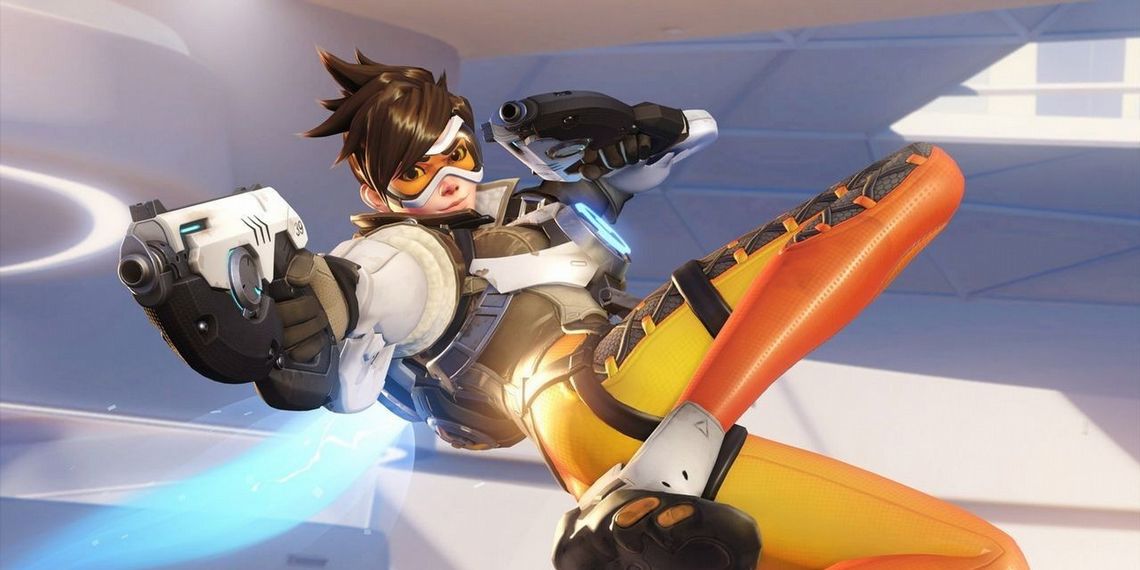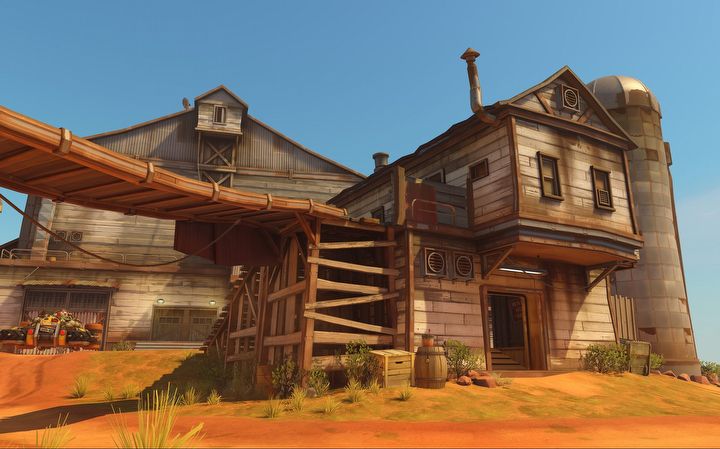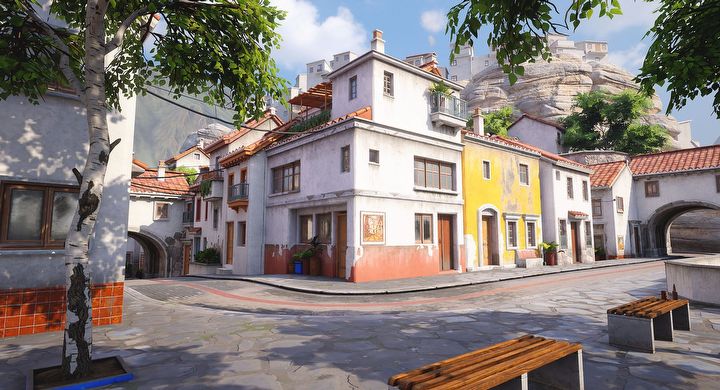'It Used to be Easier'; Former Blizzard Employee on Hardships of Gamedev
Thiago Klafke, a former Blizzard and Ubisoft developer and current employee of 100 Thieves, told our editorial team about the hardships of game development, the inability to get rid of all bugs and the possible future of the industry.

Nowadays, and especially this year, an increasing number of games fail to meet the gamers' technical or performance expectations. Although most AAA projects from recent months boast well-designed mechanics and storylines, almost every one of them more or less suffered from teething issues in the form of unstable framerate or occasional bugs.
It is probably difficult to find a clear-cut recipe for such a state of affairs However, during Digital Dragons 2023 (a Krakow-based international event intended mainly for gamedev representatives) we had the opportunity to talk with Thiago Klafke, a Brazilian developer with experience at companies such as Ubisoft and Blizzard (more than 10 years as Environment Artist on titles such as Overwatch or Starcraft 2: Legacy of the Void), and currently working at 100 Thieves.
Klafke admitted that as an artist, during iterations, he pays special attention to potential bugs, because they can knock the player out of immersion, so that the work spent on designing a certain location or mechanic can go unnoticed and unappreciated. However, he also says that it's impossible to eliminate all side effects of the creative process, and sometimes the bugs in question need to be hidden in some way, such as by applying a new texture over a glitched one.
Asked how he deals with players comments about the technical condition of projects on which he worked as a designer, he replied that the complexity of developing modern video games goes beyond the understanding of the consumer. At the same time, he recalls the past times in good light, describing them as somewhat kinder and simpler for gamedev:
"My side VR project took 2 years, so yes, it always takes a long time to create games. For players, it’s hard to comprehend the complexity of making games today. In the past, with 10 developers, you could made a masterpiece. Now, making a AAA, you need hundreds of different studios, different programs that are constantly updated, the hardware is updated, there are so many things that can go wrong.
So it was easier back in the day.
It was much easier. It was simpler. To make a texture, you just needed a Photoshop. Now, when you make a texture, you can use different programs – ZBrush, Substance Designer, Substance Painter, Photoshop, Quixel etc."
The development phase of AAA titles is becoming more complicated, which also makes games take longer to develop. Thiago Klafke, however, notes the other side of the coin and gives hope that some projects, mainly medium- and low-budget ones, can clearly benefit from today's tools and market laws:
"Rockstar is publishing 2 games a decade. Should we expect even more time spent on the biggest AAA projects?
I think there’s one part of industry that’s going to be like that, but I also see that now; all these tools, they are going to bring something new. I think smaller teams will now have a bigger advantage, the new tools will largely bridge the gap between them and major companies. For example, while working on Spanish Town, I bought some assets – to be more specific, trees. It’s easier to go the shop and buy skyboxes or sound banks. You pay 20 dollars and get high-quality, professional assets. At the same time things are getting more complex, but also more accessible. I think the people are going to be smarter in terms of usage of available resources. Some old companies are stuck in their old ways, and they will be still stuck in their old ways – I don’t see that changing. But the new generation is what I am most excited for."
So does this mean the primacy of indies over the big hitters in the next few years, or are these illusory hopes? Or will the issue of buying up other people's assets to implement in one's own productions, solving one problem, give birth to another, such as the more noticeable derivativeness of independent games? This is certainly a correlation to watch out for in the years to come. However, if a developer with some 20 years of experience sees the potential benefits to gamedev and gamers, things should be better than worse.
- Kratos' Blades of Chaos have a mysterious symbol unnoticed for 21 years. New series' side story to be released in 2025
- „I'm not mad I'm just super disappointed.” Announced changes to Diablo 4 raise concerns among casual players
- Player-pacifist finished Kingdom Come 2 as Henry the Merciful. „Becoming medieval Batman was one of my most fun gaming experiences from playing the first KCD”
- AC: Shadows impresses with more than just dynamically melting snow. Players highlight their favorite details in Ubisoft's new game
- Out of video memory crash in inZOI? We have a fix

